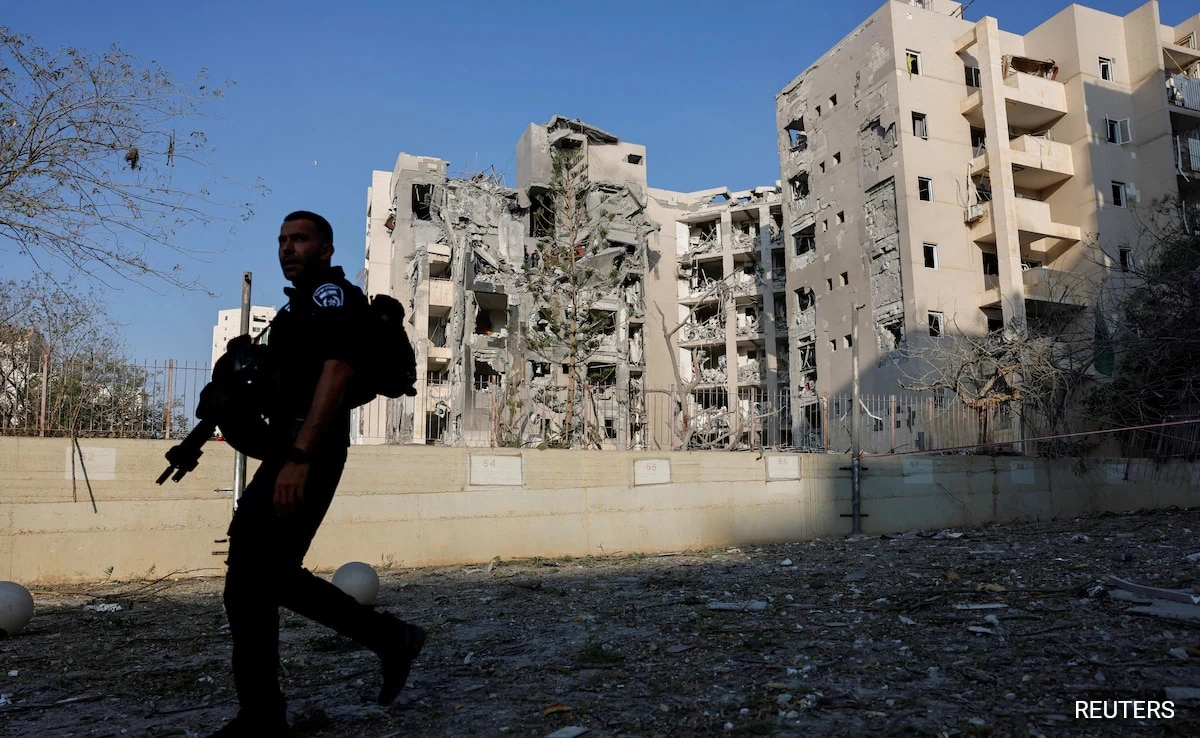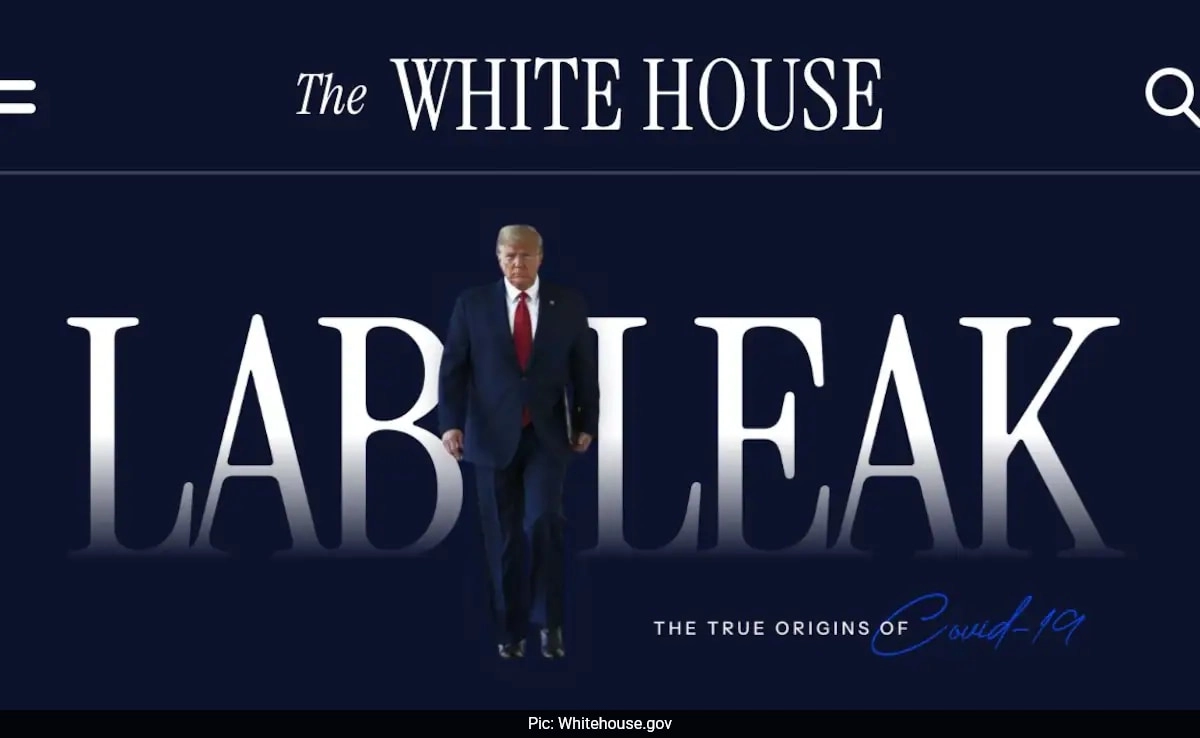In recent developments concerning the ongoing tensions between Israel and Iran, the White House has responded to intelligence reports claiming that the United States did not successfully destroy Iran’s nuclear sites. These reports have raised concerns about the effectiveness of military strategies aimed at curbing Iran’s nuclear ambitions. The situation highlights the fragile geopolitical landscape in the Middle East, where both Israel and Iran have been engaged in a prolonged conflict characterized by military maneuvers, cyber warfare, and diplomatic posturing.
The White House’s dismissal of these intelligence reports underscores a complex interplay of strategic communication and national security. Officials emphasized that while the U.S. remains committed to preventing Iran from acquiring nuclear weapons, the challenges are formidable. The intelligence community continues to monitor Iran’s nuclear program closely, but the nuances of military engagement and the limitations of intelligence assessments complicate the narrative. The U.S. has reiterated its commitment to working alongside allies, particularly Israel, to address the threats posed by Iran’s expanding capabilities.
Israel, for its part, maintains a hardline stance against Iran, viewing its nuclear program as an existential threat. The Israeli government has not hesitated to carry out operations aimed at disrupting Iranian activities, including airstrikes on military targets in Syria and cyberattacks against Iranian infrastructure. These actions reflect a broader strategy of preemptive defense, aimed at thwarting any potential advances by Tehran. As the situation evolves, the international community watches closely, aware that any miscalculation could lead to a broader conflict with severe implications for global stability.
As the U.S. navigates its role in this complex regional conflict, the challenges of balancing diplomatic efforts with military readiness continue to be a focal point of discussion. The situation remains fluid, and the potential for escalation is ever-present. Both the U.S. and Israel must consider their next moves carefully, as the repercussions of their actions could resonate far beyond the borders of the Middle East. The interplay between intelligence assessments, military action, and diplomatic negotiations will be crucial in shaping the future of U.S.-Iran relations and the broader security environment in the region.




